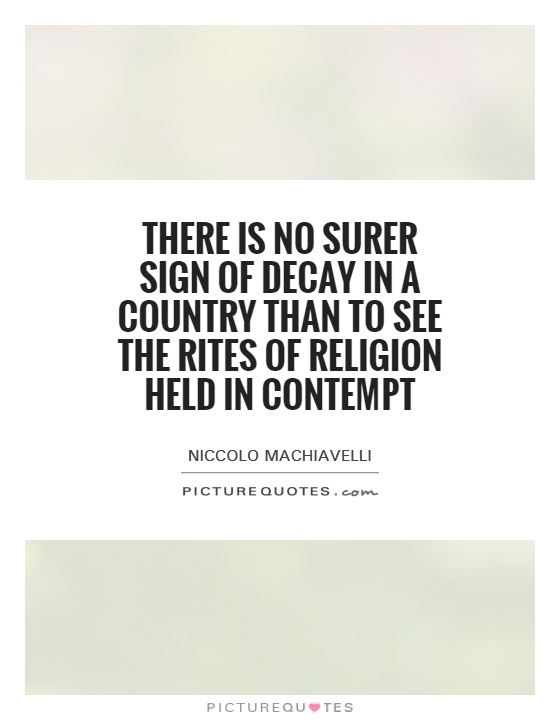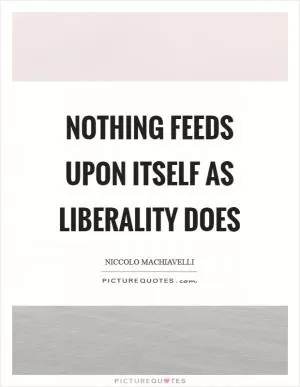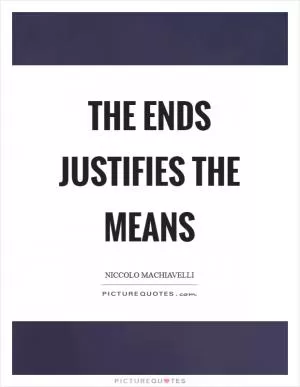There is no surer sign of decay in a country than to see the rites of religion held in contempt

There is no surer sign of decay in a country than to see the rites of religion held in contempt
Niccolò Machiavelli, the renowned Italian political philosopher and diplomat, is often associated with his pragmatic and sometimes controversial views on power and governance. In his seminal work, "The Prince," Machiavelli delves into the intricacies of political leadership and the strategies necessary to maintain control and stability in a state. One of the key themes that Machiavelli explores is the importance of religion in maintaining social order and political authority.Machiavelli believed that religion played a crucial role in the stability of a state, as it provided a moral framework for society and instilled a sense of obedience and loyalty among the populace. In his view, the rites of religion served as a unifying force that bound individuals together and reinforced the authority of the ruling elite. Therefore, any disrespect or contempt shown towards religious practices was seen as a sign of decay and moral decline within a country.
According to Machiavelli, the rites of religion should be upheld and respected by both the rulers and the ruled in order to maintain social cohesion and political legitimacy. He argued that a strong and virtuous leader should use religion as a tool to control the masses and ensure their obedience. By aligning themselves with the religious institutions and upholding the traditional customs and beliefs of the people, rulers could secure their power and prevent internal strife and rebellion.
In Machiavelli's view, a country where the rites of religion are held in contempt is a country on the brink of collapse. When the moral fabric of society begins to unravel and religious values are disregarded, the foundation of the state is weakened, leading to social unrest and political instability. Machiavelli warned that rulers who neglect the importance of religion do so at their own peril, as they risk losing the support and allegiance of the people.












 Friendship Quotes
Friendship Quotes Love Quotes
Love Quotes Life Quotes
Life Quotes Funny Quotes
Funny Quotes Motivational Quotes
Motivational Quotes Inspirational Quotes
Inspirational Quotes